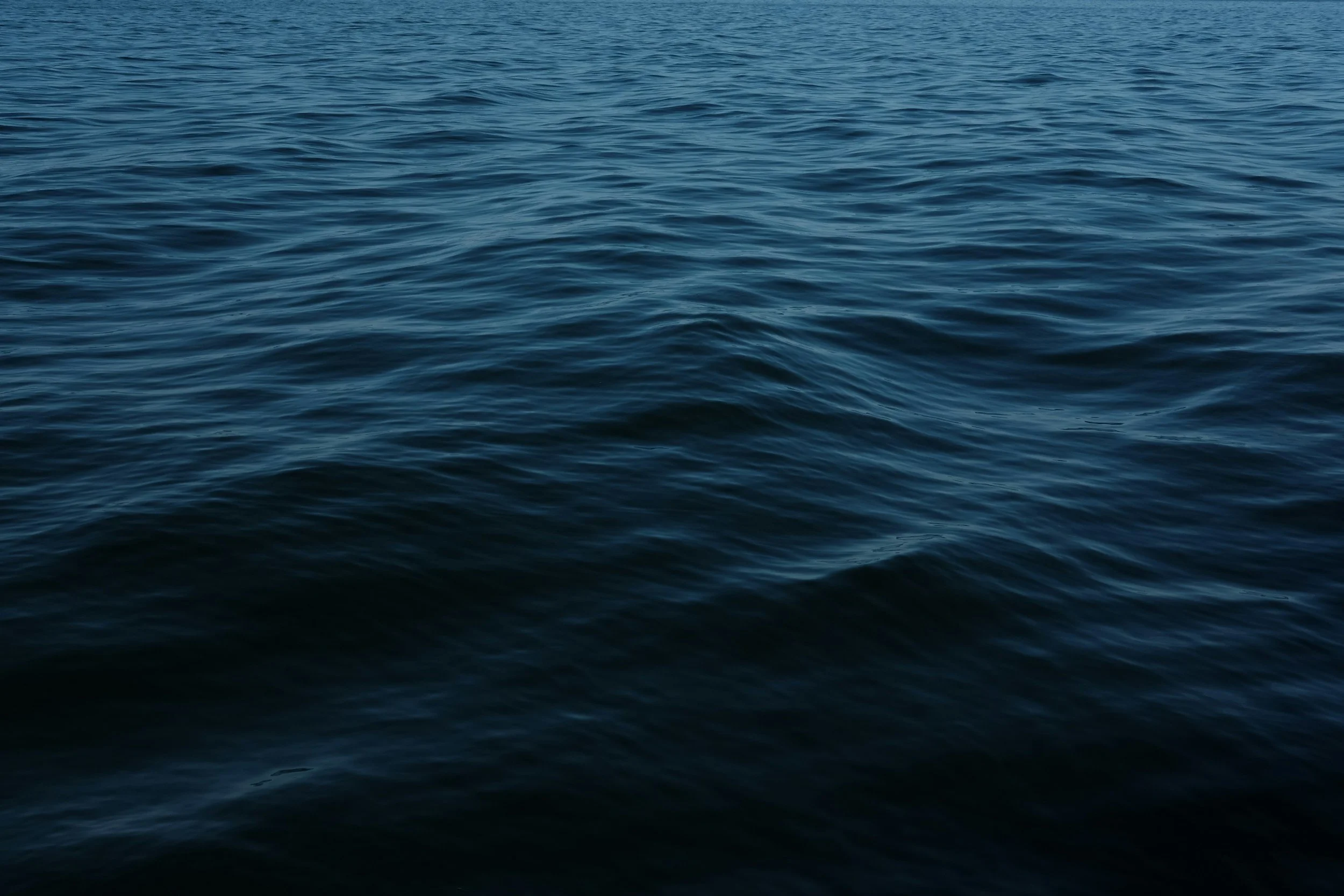
Environmental action
The World Shipping Council is committed to protecting the ocean and the life it sustains. From cutting greenhouse gas emissions to recycling ships responsibly, preventing wildlife trafficking, and safeguarding biodiversity, our environmental action spans the full range of challenges facing our seas. We work with governments, industry, and environmental organisations to develop science-based, practical solutions that protect our environment while keeping global trade moving.
-
The World Shipping Council’s is committed to achieving net-zero emissions in shipping by 2050.
To get there, we need an effective global framework, led by the IMO, with clear greenhouse gas intensity standards for fuels, supported by market-based measures to make green fuels affordable.
-
An important part of a ship’s lifecycle is being recycled once it has been decommissioned from service. World Shipping Council advocates for robust ship recycling standards through international conventions to ensure its safety and sustainability.
-
Wildlife crime continues to pose a significant threat to biodiversity, local and national economies, as well as national and international security.
The illicit trafficking of wildlife not only endangers countless species but also undermines the stability of ecosystems and jeopardizes the livelihoods of communities worldwide.
World Shipping Council is committed to combatting illegal wildlife trafficking through increasing awareness and vigilance across global supply chains.
-
We share the oceans with whales and other marine life that traverse these waters and are especially vulnerable to collisions with vessels and noise generated by vessels. WSC works closely with NGOs, governments, and other organizations to find ways to protect cetaceans from shipping, including our Whale Chart.
-
The movement of containers and their cargoes can facilitate the introduction and spread of invasive pests to communities around the world, posing a serious risk to agriculture, forestry and natural resources. Container flows are complex and involve multiple border crossings, multiple modes of transport and handovers of control between actors.
World Shipping Council actively promotes best practice for container packing and cleanliness, as well as working with stakeholders across the supply chain on how improvements can be made to stop the spread of invasive species.
